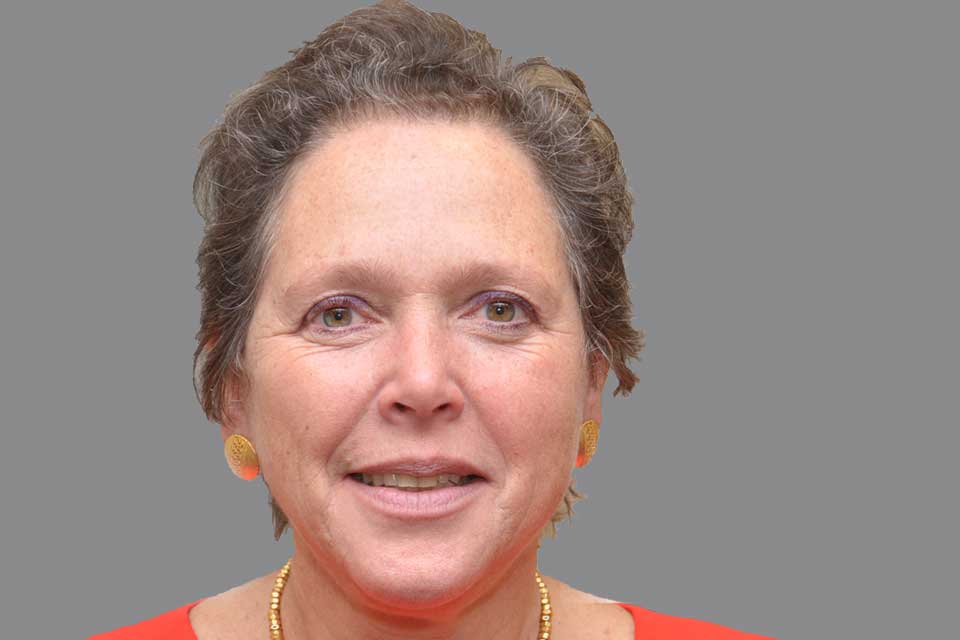RNIB bus charter launch
Welcomes RNIB's new bus charter which identifies ways to improve bus travel for blind and partially sighted passengers.

Thank you for that introduction. It’s a pleasure to be here today (27 March 2014).
I’d like to start by congratulating the RNIB on the publication of their new bus charter.
I was delighted to be able to endorse ‘We’re on board’ and to provide the foreword to this important new document. The accessibility of public transport is an important priority for me.
Buses bring independence to people living with sight loss providing a vital link to work, the local community and amenities.
The new bus charter identifies a number of realistic principles that bus operators can adopt to improve bus travel for blind and partially sighted passengers.
I therefore encourage all bus operators to sign up to all 13 of the charter’s principles on driver behaviour, working with others and improving the bus environment.
Bus operators need to ensure, as many do already, that their drivers fully understand the important role they play in the lives of blind and partially sighted people.
At the Department for Transport, we are committed to ensuring that disabled people have the same access to transport services and opportunities to travel as other members of society.
In December last year, I hosted an industry roundtable on transport accessibility.
Since then, I have also met representatives from the RNIB, Guide Dogs for the Blind and the National Federation of Blind People to discuss how buses can be made more accessible.
Having sought input from a variety of sources, I am now keen to make progress on a couple of issues that affect blind and partially sighted passengers directly.
Namely, audio/visual announcement technology for passengers and disability awareness training for drivers.
I accept that the bus industry is keen to develop and promote the use of smartphone technology to assist blind and partially sighted passengers.
However, we need to be aware that 19% of families with at least one disabled member live in relative income poverty, which means that the cost of smart mobile phones is extremely prohibitive to them.
Furthermore, disabled people may find it difficult to both physically use these products and keep up with the rapid pace of innovation in the mobile industry.
Although it is more expensive to install and maintain, I recognise that many people find audio and visual announcements useful for travelling.
Given the obvious benefits of audio/visual announcement systems to blind and partially sighted passengers, I am keen that operators and local authorities invest in this technology for their buses, where possible.
I have therefore written to the Confederation of Passenger Transport, asking operators to work with manufacturers of audio/visual technology to examine the potential for simpler and more affordable systems for buses.
I want them to think creatively about what can be achieved.
And I’m also looking into the possibility of research initiatives involving small businesses and academic institutions to encourage further innovation.
But it’s not just about money and technology.
What’s just as important is the attitude and awareness of staff – which has such a bearing on passengers’ confidence and willingness to travel.
The DfT is currently reviewing the exemption of bus drivers from the mandatory disability awareness training requirement contained in EU legislation on passenger rights.
This review will conclude at the end of this month.
I have again written to the bus industry on this important issue and am keen to establish if drivers are receiving adequate disability awareness training under the current voluntary arrangement.
I’ve asked bus and coach operators to explain how they monitor and evaluate the effectiveness of their disability awareness training and to provide some examples of good practice.
I have also sought feedback from disability groups and charities, including the RNIB.
If the results show that progress is not being made on disability awareness training, we will examine options and propose a plan of action.
Regardless of the outcome of our review, the Department for Transport would encourage operators to involve disability groups and charities in the development of their training programmes.
I am very keen that other bus operators should follow the example of First, Reading Buses and Kinch buses in supporting this new bus charter and making use of the RNIB’s excellent ‘Swap with me’ events, which I look forward to experiencing first-hand a little later.
I look forward to working with you over the next year, and to building on the success of this bus charter.
Thank you.